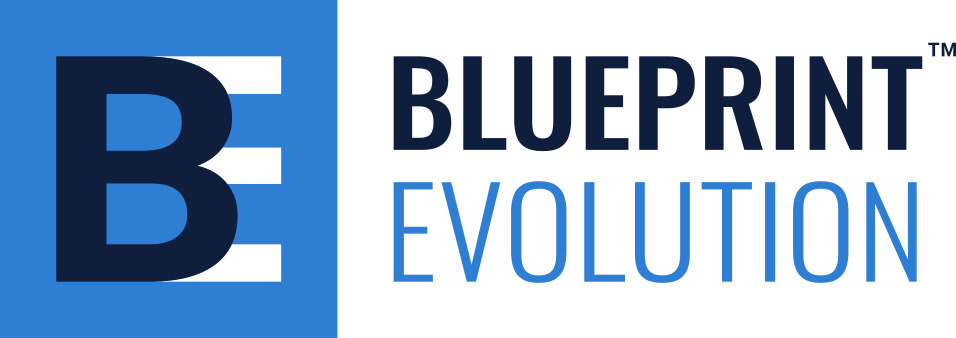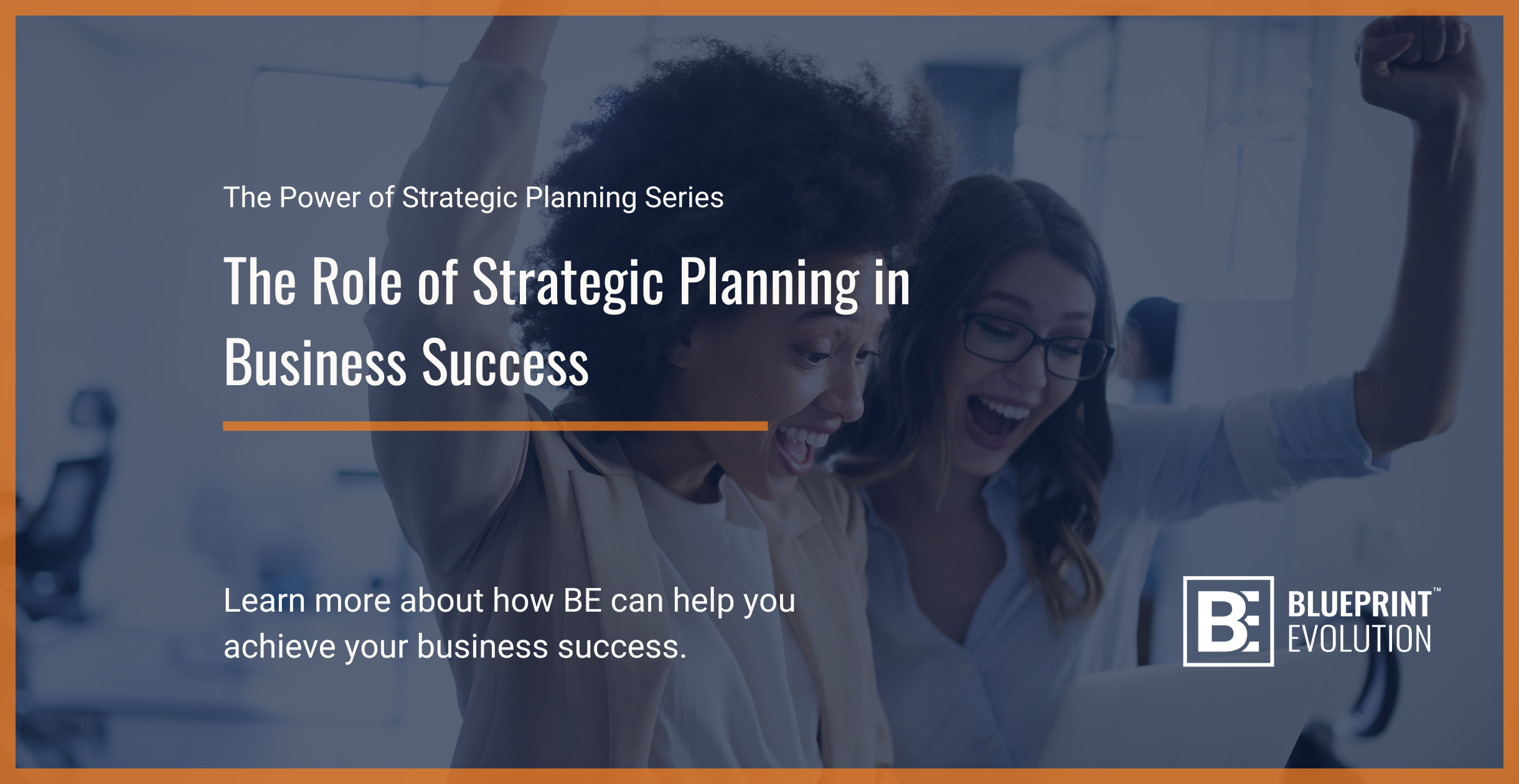Strategic planning is more than just a tool for setting goals and defining a path forward; it’s the backbone of a thriving organization. Executing effectively impacts every aspect of the business—from daily operations to transformative cultural shifts. It serves as the framework that connects all parts of the organization, ensuring that every initiative, decision, and action aligns with overarching objectives. Let’s explore how strategic planning influences key business areas and how a consulting company can assist organizations in mastering this vital process.
Strategic Planning and Organizational Management
Organizational management involves overseeing a company’s structure, processes, and resources to ensure efficiency and effectiveness. Strategic planning provides a roadmap for optimizing these elements.
- Clarity and Alignment: Strategic planning helps define roles, responsibilities, and workflows. This clarity minimizes redundancies and ensures that all departments work cohesively. It also fosters transparency, builds trust, and secures buy-in from all stakeholders.
- Performance Metrics: Establishing measurable objectives allows organizations to track progress and evaluate success. You can change what you can measure.
- Resource Allocation: Strategic planning helps identify priorities and ensures the effective allocation of time, money, and human resources, driving long-term sustainability and organizational success.
How Consultants Can Help: Consultants offer an external perspective to assess organizational structures and processes, identifying opportunities for improvement. They help design systems and tools that enhance workflow, eliminate inefficiencies, and foster alignment across teams.
Strategic Planning and Change Management
Change is inevitable in any business, but managing it effectively is often challenging. Strategic planning makes change more predictable and manageable by offering a structured approach that organizations can rely on for consistency and direction.
- Anticipating Challenges: A strategic plan identifies potential obstacles and outlines effective mitigation strategies.
- Stakeholder Engagement: It ensures that all stakeholders are informed and engaged, minimizing resistance.
- Sustainability: Strategic planning creates a phased approach, enabling organizations to implement changes gradually and sustainably.
How Consultants Can Help: Consulting firms bring expertise in change management frameworks, such as ADKAR or Kotter’s 8-Step Model, to guide organizations through transitions. They support everything from adopting new technologies to restructuring teams, ensuring a smooth and effective change process.
Strategic Planning and Talent Development
Any organization’s success hinges on its people. Strategic planning ensures talent development aligns with organizational goals and prepares employees for future challenges.
- Skills Gap Analysis: Identifying areas where employees require additional training or support to enhance their performance and contribute more effectively to the organization.
- Career Pathing: Developing clear and actionable pathways for employee growth, helping individuals understand how they can advance within the organization and contribute to its long-term success.
- Retention Strategies: Fostering a culture of engagement and professional growth to retain top talent, ensuring employees feel valued and supported in their development.
How Consultants Can Help: Consultants help design and implement targeted training programs, leadership development initiatives, and succession planning strategies that align with organizational objectives. They also provide valuable insights into industry best practices, enabling organizations to enhance employee satisfaction, performance, and retention.
Strategic Planning and Diversity, Equity, and Inclusion (DEI)
DEI is no longer a nice-to-have; it’s a business imperative. Strategic planning ensures that DEI efforts are woven into the organization’s fabric rather than treated as standalone initiatives.
- Goal Setting: Establishing clear, measurable DEI objectives, such as increasing representation in leadership roles within a defined timeframe or implementing mentorship programs to prepare diverse talent for leadership roles.
- Policy Development: Creating inclusive hiring practices and equitable compensation structures fosters diversity and ensures fairness. These policies are integral components of a strategic plan focused on DEI.
- Cultural Integration: Building an inclusive and equitable organizational culture is an ongoing process and is vital for DEI efforts to be sustained. Strategic planning helps integrate DEI into all aspects of the organization’s culture.
How Consultants Can Help: DEI consultants bring specialized expertise to create actionable DEI strategies. They assist in conducting audits, facilitating training, and implementing programs that drive meaningful change.
Strategic Planning and Culture Transformation
Organizational culture drives employee engagement, customer satisfaction, and overall success. Strategic planning is key to shaping and transforming this culture to support long-term goals.
- Vision and Values Alignment: Ensuring the organization’s culture aligns with its mission, vision, and core values, creating a cohesive environment that supports organizational objectives.
- Employee Engagement: Designing initiatives that promote collaboration, innovation, and trust, fostering a positive and productive workplace culture.
- Measuring Impact: Utilizing tools such as surveys and focus groups to track cultural changes and assess their effectiveness in driving desired outcomes.
How Consultants Can Help: Consultants guide culture transformation by conducting comprehensive cultural assessments, identifying gaps, and providing actionable strategies to align the culture with organizational goals. Their expertise helps create a culture that drives engagement, performance, and organizational success.
Strategic Planning and Business Operations
Operational efficiency is essential for profitability and sustainable growth. Strategic planning enhances processes, minimizes waste, and supports informed decision-making to drive overall performance.
- Process Mapping: Identifying inefficiencies and bottlenecks in workflows to streamline operations.
- Technology Integration: Introducing tools and systems that automate and optimize business operations.
- Risk Management: Developing proactive strategies to mitigate potential disruptions and ensure operational resilience.
How Consultants Can Help: Operational consultants evaluate current processes, suggest targeted improvements, and support the implementation of solutions that boost efficiency, reduce costs, and enhance business performance.
Strategic Planning and Market Positioning
Remaining competitive requires a strong understanding of market dynamics and customer needs. Strategic planning helps organizations identify opportunities and develop strategies to seize them.
- Competitive Analysis: Analyzing market trends and assessing competitors’ strengths and weaknesses.
- Customer Insights: Aligning products and services with customer preferences and evolving demands.
- Innovation: Crafting strategies to anticipate and lead industry trends.
How Consultants Can Help: Market strategists offer valuable insights into emerging trends, conduct thorough market research, and create tailored go-to-market strategies that leverage an organization’s unique strengths to gain a competitive edge.
Strategic Planning and Crisis Management
Organizations must be prepared for crises, from economic downturns to cybersecurity threats. Strategic planning equips businesses to anticipate and manage the unexpected.
- Contingency Planning: Developing proactive backup plans for potential worst-case scenarios.
- Communication Protocols: Establishing clear, timely communication channels during crises.
- Recovery Strategies: Creating detailed plans for restoring operations and minimizing impact.
How Consultants Can Help: Crisis management consultants craft robust contingency plans, train teams for crisis response, and ensure effective execution when unexpected challenges arise.
The Integral Role of Strategic Planning in Business
Strategic planning isn’t confined to one department or function; it’s a holistic approach that integrates every aspect of a business. From organizational management to culture transformation, strategic planning provides the clarity, alignment, and tools necessary for success.
Partnering with a consulting firm strengthens the process by bringing specialized expertise, proven methodologies, and a fresh, objective perspective. Consultants serve as trusted partners in navigating complexities, ensuring that strategic plans are thoughtfully developed and successfully implemented.
Whether your organization wants to refine its current strategies or embark on a transformative journey, strategic planning is your roadmap to sustained success. Start today, and watch your organization thrive.
For organizations looking to enhance their strategic planning efforts, consultants offer invaluable expertise and support, transforming ideas into actionable strategies. Whether launching a new initiative, entering a new market, or addressing internal inefficiencies, strategic planning is the roadmap that turns vision into reality. Start planning strategically today to achieve more tremendous success tomorrow. To learn more about our strategic planning resources and solutions, click here.







